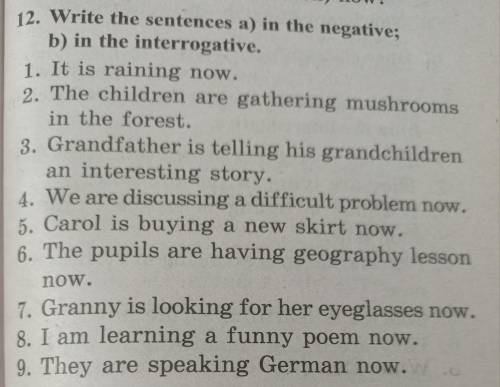
There is an (1) expression in the (2)English language that perfectly describes someone who is very careful about how he will spend a (3) small amount of money but isn't careful at all with large amounts. The (4) expression is "penny-wise and pound-foolish".
Are you the (5) type of person who manages money (6) in a (7) similar way? My friend Jim is. Last year we went to London (8) on holiday (9) and he didn't want to buy souvenirs (10) from Gatwick (11) Airport because he thought they were too expensive. However, he was more than happy to spend an (12) hour to go down the (13) River Thames on a (14) private boat.
1. An. Неопределенный артикль, после there is/are ставится только неопределенный.
2. The. "Английский язык" принято писать в артикдем "the": "the English language".
3. A. Пишется неопределенный артикль (просто небольшое количесвто денег, без пояснений, неопределенно).
4. The. Определенный, так как в тексте, до этого было сказано, что это за выражение, откуда оно взялось.
5. The. Определенный тип людей, в предложении описывается.
6. - . Неопределенный артикль не требуется, так как "money" - это неисчисляемое существительное.
7. A. Здесь нужен неопределнный артикль (подобным путем).
8. - . Перед названием города (Лондон) артикль не пишется.
9. - . В данном случае артикль не требуется (нет информации о том, что это были за праздники/каникулы).
10. - . Просто сувениры, неопределенные (неизвестно, это картинки, фотографии или что-то еще).
11. - . Перед названием этого аэропорта артикль не пишется.
12. An. С словом "an hour" пишется неопределенный артикль, каких-то пояснений, какой это был час в тексте не было.
13. The. The River Thames пишется с артиклем "the".
14. A. Пишем неопределенный артикль: в тексте не сказано, какая именно была лодка.
12. Write the sentences
1. It is raining now.
2. The children are gathering mushrooms in the forest.
3. Grandfather is telling his grandchildren an interesting story.
4. We are discussing a difficult problem now.
5. Carol is buying a new skirt now.
6. The pupils are having geography lesson now.
7. Grannyis looking for her eyeglasses now.
8. I am learning a funny poem now.
9. They are speaking German now.
a) in the negative;
1. It is raining now.
2. The children are not gathering mushrooms in the forest.
3. Grandfather is not telling his grandchildren an interesting story.
4. We are not discussing a difficult problem now.
5. Carol is not buying a new skirt now.
6. The pupils are not having geography lesson now.
7. Granny is not looking for her eyeglasses now.
8. I am learning a funny poem now.
9. They are not speaking German now.
b) in the interrogative.
1. Is it raining now?
2. Are the children gathering mushrooms in the forest?
3. Is grandfather telling his grandchildren an interesting story?
4. Are we discussing a difficult problem now?
5. Is Carol buying a new skirt now?
6. Are the pupils having geography lesson now?
7. Is granny looking for her eyeglasses now?
8. Am I learning a funny poem now?
9. Are they speaking German now?